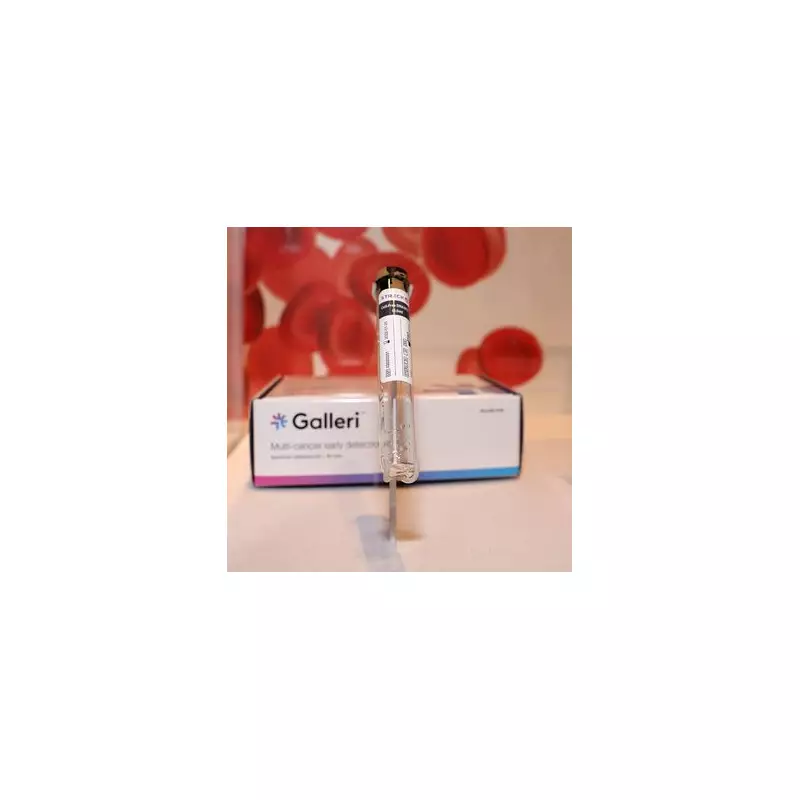
In what's being hailed as a monumental leap forward in cancer care, British scientists have developed a revolutionary blood test capable of detecting cancer signals years before symptoms would typically appear. This groundbreaking research, conducted through the NHS, could transform how we approach cancer screening and prevention.
The Future of Early Detection
The pioneering test works by identifying tiny fragments of cancer DNA circulating in the bloodstream, potentially allowing doctors to catch the disease at its most treatable stages. Researchers believe this could significantly improve survival rates for some of the most challenging cancers to detect early.
How the Test Works
The science behind this medical marvel involves:
- Analysing blood samples for genetic markers associated with cancer
- Detecting minute traces of tumour DNA long before physical symptoms develop
- Using advanced algorithms to identify patterns indicating early-stage cancer
- Providing results that could lead to preventative treatments
Potential Impact on Cancer Care
This innovation represents a significant shift from reactive to proactive healthcare. By identifying cancer risk years in advance, medical professionals could implement monitoring programs or early interventions that might prevent the disease from developing into more advanced, difficult-to-treat stages.
The research team emphasizes that while more studies are needed, the initial results are extraordinarily promising. This test could eventually become as routine as cholesterol checks, fundamentally changing our relationship with cancer diagnosis and treatment.
What This Means for Patients
For millions of people concerned about cancer risk, this development offers new hope. The simplicity of a blood test makes it accessible and far less invasive than many current screening methods. As research continues, this technology could become a standard part of preventive healthcare across the UK.





